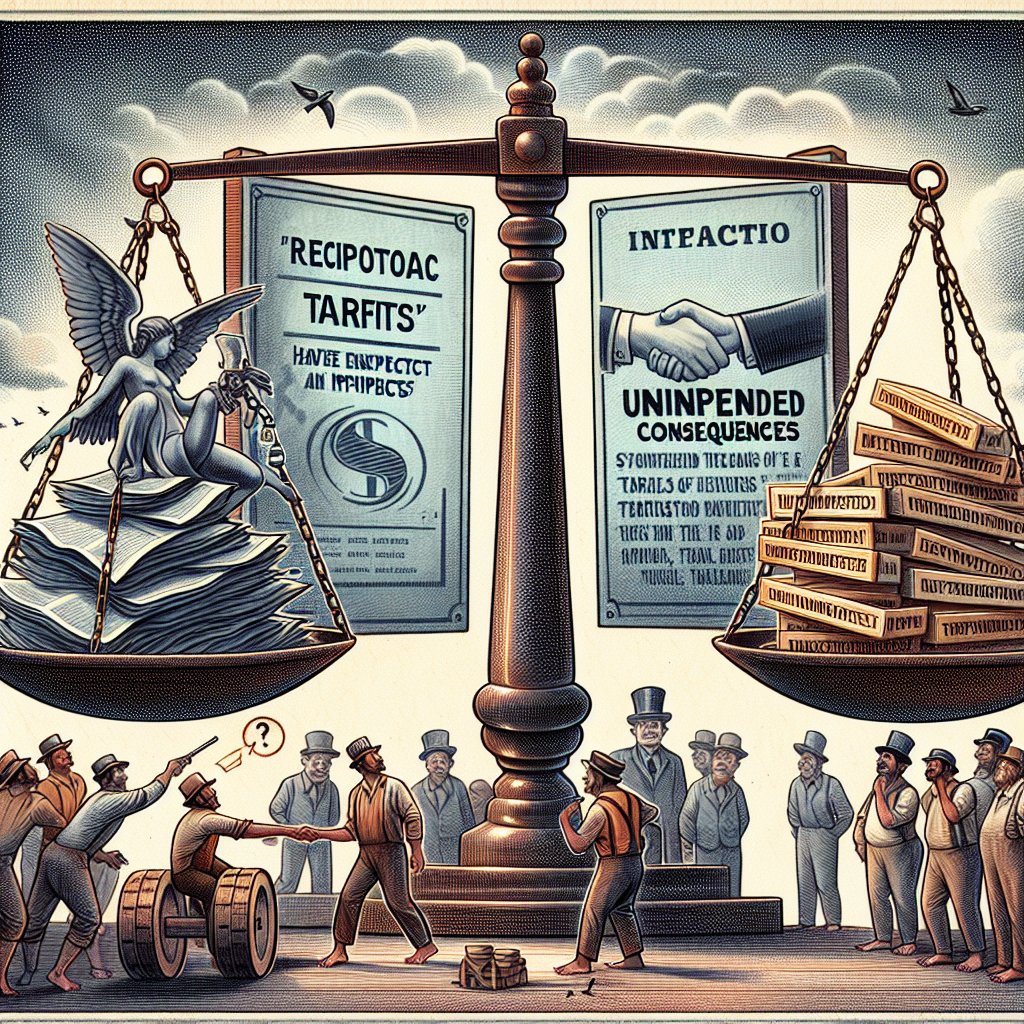US “Reciprocal Tariffs” May Lead to Unintended Consequences
US “Reciprocal Tariffs” May Lead to Unintended Consequences
Introduction
The United States’ recent move towards implementing “reciprocal tariffs” has sparked a debate on its potential economic and diplomatic repercussions. This policy aims to level the playing field by imposing tariffs equivalent to those faced by American exports in foreign markets. However, experts warn of possible unintended consequences that could arise from this approach.
Key Insights
Economic Implications
- Increased Costs: Reciprocal tariffs could lead to higher prices for imported goods, affecting both consumers and businesses.
- Supply Chain Disruptions: Companies reliant on global supply chains may face challenges in sourcing materials, leading to production delays.
- Retaliatory Measures: Other countries might respond with their own tariffs, escalating trade tensions and potentially sparking a trade war.
Diplomatic Concerns
- Strained Relations: The policy could strain diplomatic ties with key trading partners, complicating international negotiations.
- Global Trade Dynamics: The move may shift global trade dynamics, prompting countries to seek new alliances and trade agreements.
Potential Benefits
- Domestic Industry Support: The tariffs could protect domestic industries from unfair foreign competition, potentially boosting local production.
- Trade Balance Improvement: By addressing trade imbalances, the policy aims to create a more equitable trading environment for the US.
Conclusion
While the US “reciprocal tariffs” policy seeks to address trade imbalances and protect domestic industries, it carries the risk of unintended economic and diplomatic consequences. The potential for increased costs, supply chain disruptions, and strained international relations highlights the complexity of implementing such measures. As the situation unfolds, careful consideration and strategic diplomacy will be crucial in navigating the challenges and opportunities presented by this policy shift.
































